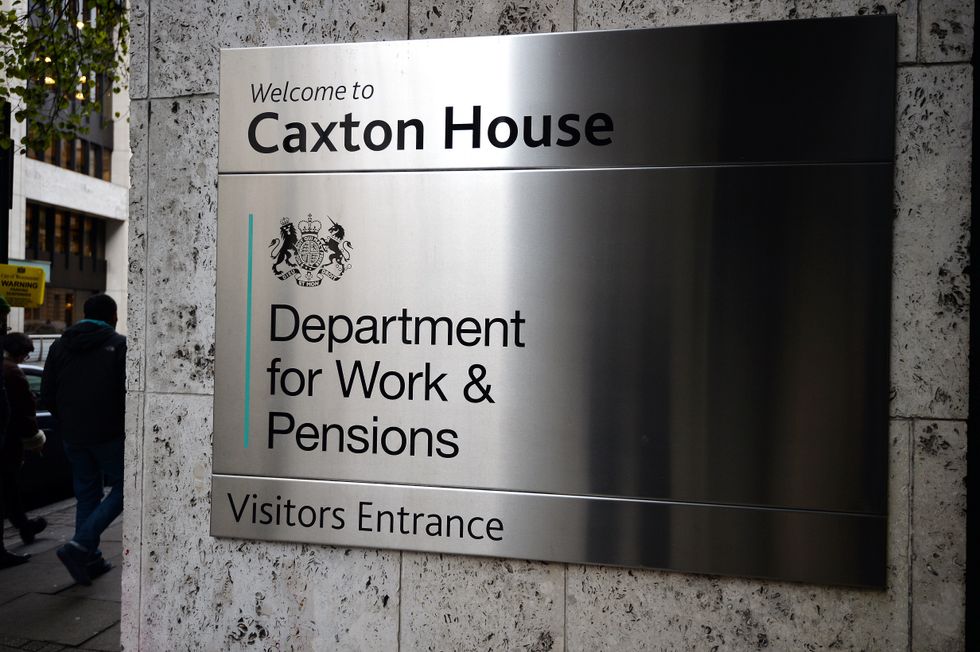Analysts are warning that future “rapid” increases to the state pension age “cannot be ruled out” amid ongoing concerns about the long-term viability of the retirement benefit.
A report from The Longevity Centre has previously proposed the Government raise the state pension age to as high as 71 due to rising costs which “need to be met by the taxpayer”.
As it stands, the age threshold for claiming the Department for Work and Pensions (DWP) payment is set to jump from 66 to 67 years old between May 2026 and March 2028.
The Government has also scheduled a further review into the state pension within two years of the next Parliament to review recommendations for an earlier age increase to 68.
However, research from The Longevity Centre suggests workers born after April 1970 will need to work until at least 71 before getting paid as total pensioner spending is forecast to reach nearly 10 per cent in the decades to come.
Do you have a money story you’d like to share? Get in touch by emailing [email protected].

Analysts are suggesting the state pension age rise should rise sooner than expected
GETTY
Ed Monk, an associate director at Fidelity International, broke down what this means for those approaching retirement and why reform to the DWP benefit is needed for it to survive.
Monk explained: “The cost of paying a higher state pension needs to be met by taxpayers. Our ageing population means that the cost is likely to rise even more quickly in the future as a higher proportion of the population reaches retirement age.”
In his warning to Britons, Monk cited a chart that highlighted the cost of the state pension as a proportion of the country’s gross domestic product (GDP) over the years.
He added: “It shows the cost rising rapidly since 2022 and peaking this year at 5.06 per cent. It is then predicted to fall in the coming years – based on assumptions of cost and growth – but that is uncertain.

The Government remains “fully committed to maintaining the pensions triple lock”
Getty
“The longer-term trend is clear. The Office for Budget Responsibility (OBR) has forecast that the total pensioner spending could rise to around eight per cent of GDP by 2072/73 – and potentially even more if the economy continues to suffer weaker and more volatile growth.”
In light of these figures, Monk suggests that raising the state pension age sooner than expected should be considered in an attempt to balance the books and secure a retirement income for Brits.
“The Government has been cutting costs elsewhere in the system. Further, or more rapid, rises cannot be ruled out but it would be hard to justify because improvement in life expectancy seem to have stalled,” the retirement expert added.
According to the associate director, policymakers could also look into overhauling the rules attached to the state pension triple lock, which was introduced in 2010 under the Conservative-Liberal Democrat coalition.
Under the triple lock, state pension payments rise by either the rate of consumer price index (CPI) inflation, average earnings or 2.5 per cent; whichever is the highest figure.
Following the Covid-19 pandemic, inflation in the UK has skyrocketed which has meant pensioners have enjoyed a windfall from the DWP despite the cost of living crisis.
LATEST DEVELOPMENTS:
 Pensioners are worried about their retirement GETTY
Pensioners are worried about their retirement GETTY On this issue, Monk said: “Reforming the triple lock is another potential cost-saving measure – although all the major political parties promised to keep the measure for this parliament.”
The retirement expert is calling on Britons to review their pension savings to ensure they have a guaranteed income that can support them.
“Money paid into a pension normally benefits from tax-relief, while employees with access to company schemes can usually benefit from employer contribution made on their behalf,” he noted.
“Ensure you make maximum use of any help on offer to improve your retirement prospects. And while you may not be able to control the future rises in the state pension, you can make sure you have a full contribution history to ensure you get the maximum available – whatever that turns out to be.”